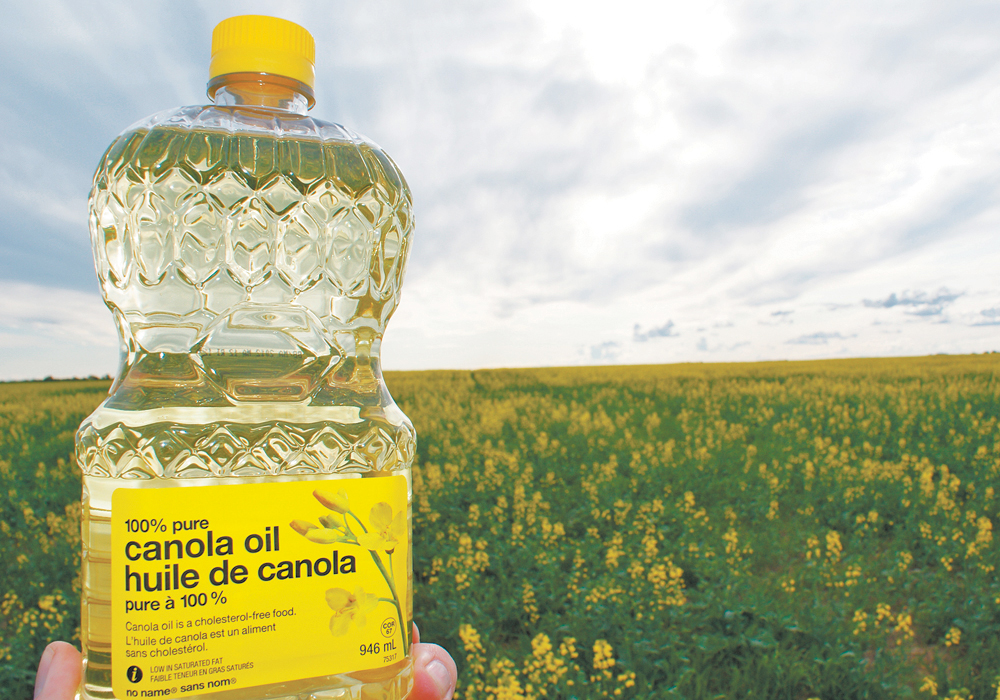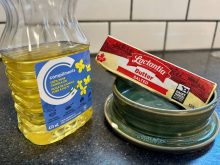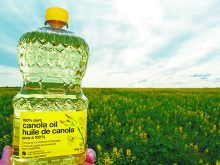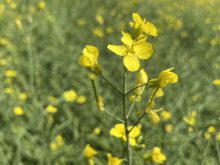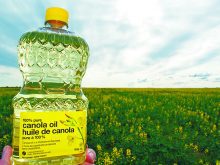Agriculture and the illicit drug trade don’t usually have a lot in common — with the exception, maybe, of illegal marijuana grow-ops.
But a recent story out of Australia dragged one of Canada’s more well-known agricultural exports into the seamier side of international trade.
Australian police announced last week that they had seized four separate shipments of methamphetamine that had arrived from Canada.
Normally The Western Producer wouldn’t write about a drug bust half way around the world, but it was what the drugs were smuggled in that caught our eye.
Read Also

Canola oil transloading facility opens
DP World just opened its new canola oil transload facility at the Port of Vancouver. It can ship one million tonnes of the commodity per year.
Police say the more than six tonnes of fake meth (more on that in a moment) arrived in bottles of canola oil — 2,900 litres, to be exact, shipped in 180 bottles.
I say fake meth because the RCMP had caught wind of the scheme months earlier and let their Australian counterparts know about it in January.
The Mounties exchanged the meth for a harmless substance and let the bottles go on their way.
Police in Australia kept track of who handled the shipments once they arrived, and earlier this month moved in to make the arrest.
Canola oil wasn’t the only agricultural product involved in the drug smuggling operation.
In New Zealand, police found meth in a large of shipment of maple syrup, again originating in Canada.
It’s not unusual for agricultural products to raise suspicion at the border. Inspectors often flag contaminants when shipments arrive at port.
These can be insects, disease-infected organic matter and even unapproved genetic material, such as what European inspectors found in Canadian flax 14 years ago.
And then there are problems with stuff found in food that shouldn’t be there. Horse meat passed off as beef caused a scandal in Europe 10 years ago, and fake honey, which has more to do with corn than bees, continues to be a major problem for Canadian producers.
However, what happened in the Australian and New Zealand cases took contaminated agricultural commodities and adulterated foodstuffs to a whole new level.
Drug smugglers are nothing if not imaginative, known for trying to sneak their wares across borders in everything from frozen sharks to video games.
I guess there was no reason to think canola oil wouldn’t eventually make it onto that list as well.



